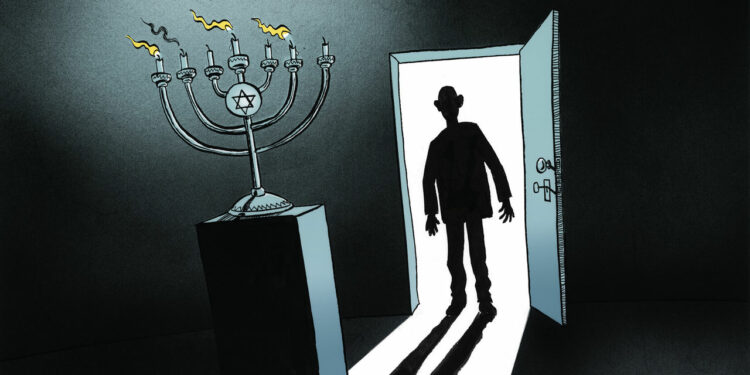In 1945, as Europe smouldered and the moral reckoning of the Holocaust lay ahead, Karl Popper pondered the paradox of tolerance. An open society needs tolerance to thrive, the Austrian-born philosopher posited. But extending that intellectual courtesy to the prejudiced would result in the undermining of the very tolerance that made their intolerance possible in the first place. Popper concluded it was on balance better to nip the bigots in the bud early on and save everyone the kind of trouble his home continent (and Popper personally, given his Jewish heritage) had just been through. The history of post-war Europe, at first in the west and then in the former communist bloc, is one of polities striving to balance the right of allowing everyone to say what they please while preserving the liberal society Popper sought to bring to life.
Source link : http://www.bing.com/news/apiclick.aspx?ref=FexRss&aid=&tid=673f443c4b704e879e243fa08ec0c9c7&url=https%3A%2F%2Fwww.economist.com%2Feurope%2F2024%2F11%2F21%2Fa-rise-in-antisemitism-puts-europes-liberal-values-to-the-test&c=8789923121862983583&mkt=de-de
Author :
Publish date : 2024-11-21 06:00:00
Copyright for syndicated content belongs to the linked Source.



